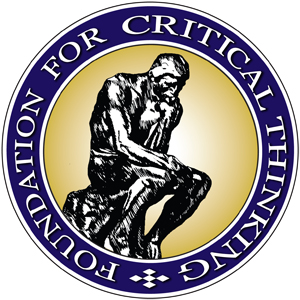




Translate this page from English...
*Machine translated pages not guaranteed for accuracy.
Click Here for our professional translations.

| Files available for download » | |
1:00 p.m. - 2:15 p.m. Pre-Conference Sessions Begin
2:15 p.m. - 2:25 p.m. Break
2:25 p.m. - 3:40 p.m. Pre-Conference Sessions Continue
3:40 p.m. - 4:40 p.m. Meal Break
4:40 p.m. - 6:00 p.m. Pre-Conference Sessions Continue
6:00 p.m. - 6:10 p.m. Break
6:10 p.m. - 7:00 p.m. Pre-Conference Sessions Continue
Before 12:00 p.m. Watch the Introductory Video Before Attending Sessions
12:00 p.m. - 1:10 p.m. Focal Sessions I Begin
1:10 p.m. - 1:20 p.m. Break
1:20 p.m. - 2:30 p.m. Focal Sessions I Continue
Before 3:30 p.m. Watch the Introductory Video if You Haven’t Already
3:30 p.m. - 4:40 p.m. Focal Sessions II Begin
4:40 p.m. - 4:50 p.m. Break
4:50 p.m. - 6:00 p.m. Focal Sessions II Continue
Before 8:00 p.m. Watch the Introductory Video if You Haven’t Already
8:00 p.m. - 9:10 p.m. Focal Sessions III Begin
9:10 p.m. - 9:20 p.m. Break
9:20 p.m. - 10:30 p.m. Focal Sessions III Continue
12:00 p.m. - 1:10 p.m. Focal Sessions IV Begin
1:10 p.m. - 1:20 p.m. Break
1:20 p.m. - 2:30 p.m. Focal Sessions IV Continue
3:30 p.m. - 4:40 p.m. Focal Sessions V Begin
4:40 p.m. - 4:50 p.m. Break
4:50 p.m. - 6:00 p.m. Focal Sessions V Continue
8:00 p.m. - 9:10 p.m. Focal Sessions VI Begin
9:10 p.m. - 9:20 p.m. Break
9:20 p.m. - 10:30 p.m. Focal Sessions VI Continue
By 3:00 p.m. Guest Presentations Posted
8:00 p.m. – 9:00 p.m. Special Meetings on Professional Development
12:00 p.m. - 1:10 p.m. Focal Sessions VII Begin
1:10 p.m. - 1:20 p.m. Break
1:20 p.m. - 2:30 p.m. Focal Sessions VII Continues
3:30 p.m. - 4:40 p.m. Focal Sessions VIII Begin
4:40 p.m. - 4:50 p.m. Break
4:50 p.m. - 6:00 p.m. Focal Sessions VIII Continues
8:00 p.m. - 9:10 p.m. Focal Sessions IX Begin
9:10 p.m. - 9:20 p.m. Break
9:20 p.m. - 10:30 p.m. Focal Sessions IX Continues
12:00 p.m. - 1:00 p.m. Closing Session I*
8:00 p.m. - 9:00 p.m. Closing Session II*
*The Closing Session takes place twice to accommodate attendees in various time zones across the world. The content will be extremely similar each time, so you need attend only once, unless you wish to repeat the session.

The Foundation for Critical Thinking has reopened its publishing house at FCTPress.Org. Several publications are available now, including the award-winning Critical Thinking Therapy: For Happiness and Self-Actualization, with more to come.
The FCT Press also offers self-publishing services for authors.